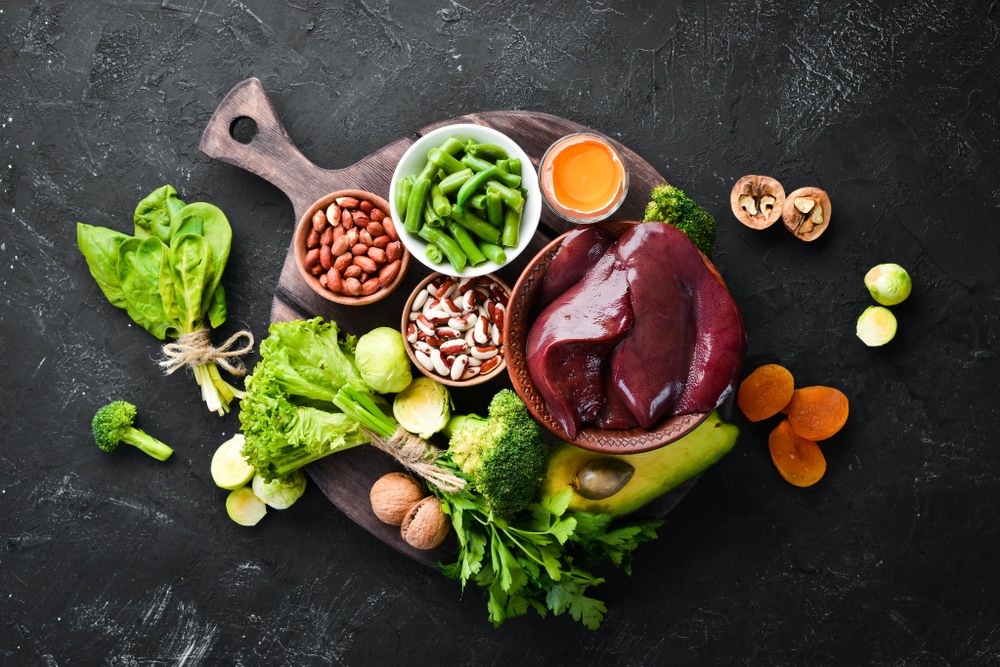Flavonoid-rich foods, such as tea and apples, have been found to offer protective effects against cancer and heart disease, particularly for heavy drinkers and smokers, according to recent research published in the journal Nature Communications.
Key Points from the Study:
- Protective Effects of Flavonoids: Individuals who consumed more flavonoid-rich foods were less likely to die from heart disease and cancer compared to those who consumed fewer flavonoid-rich foods. This conclusion was drawn from an analysis of the diets of over 53,000 Danish individuals over a 23-year period.
- Impact on High-Risk Individuals: The protective effects of flavonoids were found to be particularly strong for individuals who smoked or heavily consumed alcohol.
- Encouragement for Dietary Changes: Lead researcher Nicola Bondonno emphasized the importance of consuming more fruits and vegetables, especially for individuals at high risk of heart disease and cancer.
- Daily Flavonoid Intake: Consuming about 500 milligrams (mg) of flavonoids per day appeared to provide the greatest protection against disease. However, protection against cancer seemed to increase with consumption of up to 1,000 mg of flavonoids daily.
- Multifaceted Protective Effect: While the exact mechanism of the protective effect of flavonoids is not fully understood, it is believed to involve anti-inflammatory properties and improvements in blood vessel function.
- Next Steps in Research: Future research aims to explore more closely which types of heart disease and cancers are most protected by flavonoids.
- Collaborative Study: The research was a collaboration between several institutions including Edith Cowan University, Aarhus University, Herlev & Gentofte University Hospital, Aalborg University Hospital, the Danish Cancer Society Research Centre, the Universities of Western Australia, and the International Agency for Research on Cancer.
In conclusion, the study provides compelling evidence supporting the health benefits of consuming flavonoid-rich foods, particularly for individuals at high risk of heart disease and cancer.




